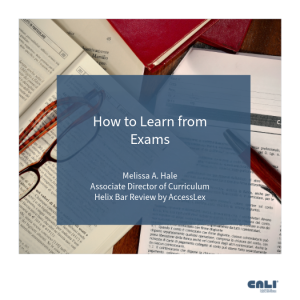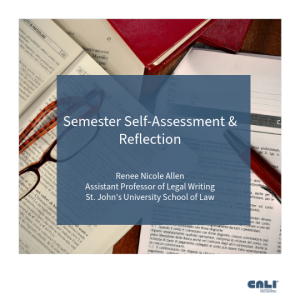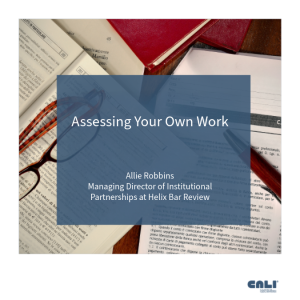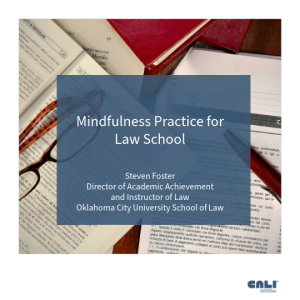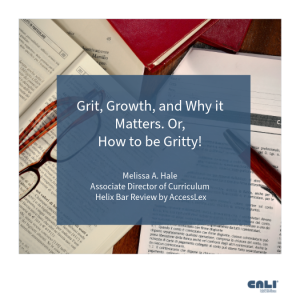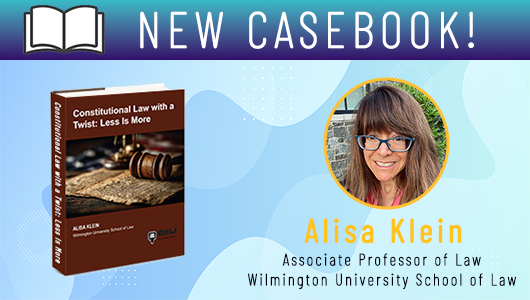![]() We’re calling on law school faculty, librarians, technologists, and thought leaders to share their strongest opinions, boldest ideas, and most practical advice. Submit your session proposal and help shape the future of legal education!
We’re calling on law school faculty, librarians, technologists, and thought leaders to share their strongest opinions, boldest ideas, and most practical advice. Submit your session proposal and help shape the future of legal education!
From Generative AI to OER, to tackling the NextGen bar exam, the community craves topics that challenge and inspire.
Proposed topics:
- Generative AI and the end of everything
- AI/ML, ethics, law, and legal education
- Is open source software relevant to legal education?
- Open education resources (OER) in legal education
- Access to Justice / Teaching / Technology / Legal Education
- Prepping law school tech for the NextGen bar exam
- Navigating the relationship with IT – Local and University
- Video Production – Tool Chains and Product Processes
- I want to talk about Drupal and Nobody Can Stop Me (or Regex or Python…)
- Everyone Talks About Formative Assessment, Why Don’t More Faculty Use It?
- Let Students Grade Each Other Using Peer-grading Software
- The Traditional Casebook is Dissolving and Morphing Into CaaS (casebook as a service)
- Distance Learning is just Learning – Fight Me
- Can Anyone Really Define Tech Competency?
- AI Exam Grading – Cognitive Exoskeleton or Terminator?
- AI Paper Grading – Arms Race to Innovation or Race to the Bottom?
Don’t see your idea on the list? No problem. Propose it anyway!



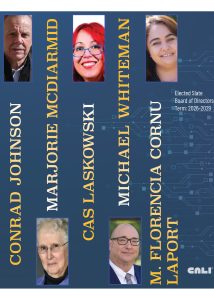

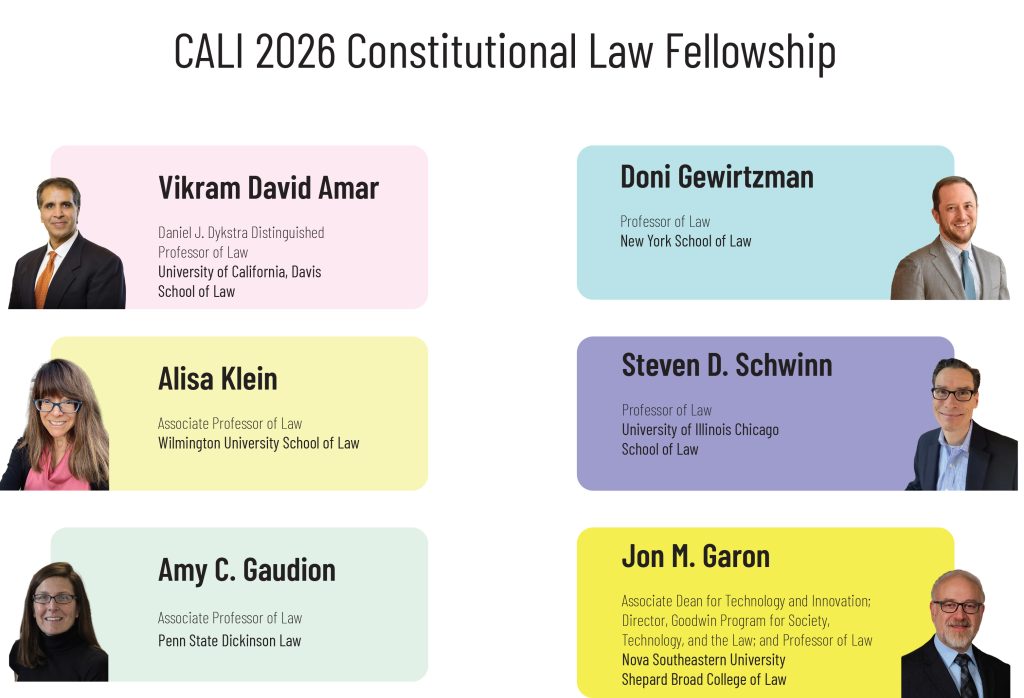 Download the Press Release
Download the Press Release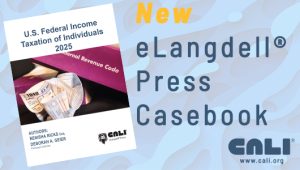

 After final exams, CALI Lessons can be a helpful way for law students to reflect and reset. Designed by academic success professionals who understand the pressures of law school, these CALI Lesson helps law students turn final exams and end of semester outcomes into meaningful learning opportunities through the essential lawyering skill of self-assessment.
After final exams, CALI Lessons can be a helpful way for law students to reflect and reset. Designed by academic success professionals who understand the pressures of law school, these CALI Lesson helps law students turn final exams and end of semester outcomes into meaningful learning opportunities through the essential lawyering skill of self-assessment.